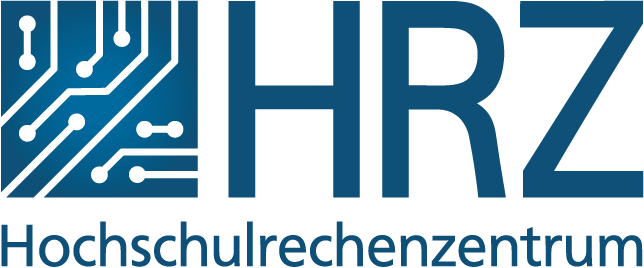Electronic signatures
There are several types of certificates and electronic signatures. They differ in their level of security and/or legal effect.
With a simple electronic signature, data such as scanned signatures are added digitally to other data (e.g. documents).
This type of digital signature is easy to forge. However, it may be sufficient within certain areas of an organisation, such as departments.
This simple electronic signature must fulfil various security criteria:
- It is uniquely assigned to the person signing and enables them to be identified.
- It is created by electronic means and is triggered by an authorisation (e.g. authentication using a factor).
- It is linked to the signed data in such a way that any subsequent modification or manipulation of the data is recognisable.
Such electronic signatures can be created with the user and function certificates supported by the university computing centre.
This signature fulfils the highest security level and has the strongest legal effect. However, it is also subject to a fee.
In this case, the identity of the signature holder is confirmed by a trust service provider, which in turn is regularly audited by national supervisory authorities. In Germany, this is the Federal Network Agency.
The European Commission provides a list of currently authorised trust service providers in the EU/EEA Trusted List Browser.
Areas of application are, for example, certain funding applications to authorities.
Qualified electronic signatures are currently used at TU Darmstadt by the Executive Board. Signature cards plus software and hardware are used for this purpose.

